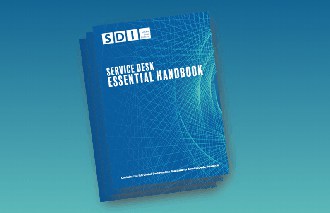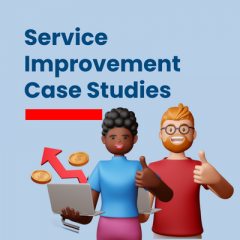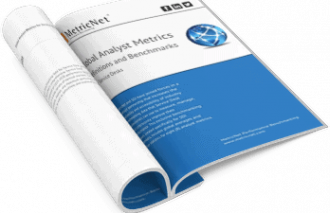Building a Customer-Centric Culture: Best Practices for CX Leaders
Posted on Wednesday 15 November 2023.
Why Employees Leave: Insightful Analyses for the Forward-Thinking Employer
Posted on Wednesday 4 October 2023.
Over 50 million employees quit their jobs in 2022. According to HReview the employee turnover rate is expected to rise to 41% this year.
The Importance of Soft Skills in Service Desk Recruitment
Posted on Tuesday 13 June 2023.
In this blog, we’ll discuss how soft skills can enhance your service desk recruitment process and improve customer satisfaction and retention.
The Workplace Glossary: Master the Latest Employee Experience Terms
Posted on Tuesday 30 May 2023.
From WFH to WFA, gig workforce to polywork, quiet quitting to quiet hiring – these are some of many new emerging or popular terminologies we often hear and use daily. But do you know what these new fancy terms or acronyms mean?
The ITSM Worklife Survey: Your Chance to Be Heard
Posted on Wednesday 12 April 2023.
The world of ITSM is constantly evolving. With new emerging technology trends (such as ChatGPT or DALL·E 2) shaping the future of many industries, it would be an understatement to say businesses will have to face some new challenges but also have some exciting new tools to work with! So, as ever, businesses need to
Conversational AI in Employee Experience
Posted on Tuesday 28 March 2023.
With the advent of conversational AI, companies are finding new ways to streamline internal processes and improve the overall employee experience by employing a bot-human hybrid model. From the IT helpdesk to HR support, conversational AI has revolutionised the way businesses communicate and interact with their employees. In this blog post, we’ll discover what employee
How To Effectively Address Digital Friction in the Modern Workplace
Posted on Wednesday 15 February 2023.
In today’s modern workplace, things are often moving at a fast pace. Emails are flying back and forth, meetings are happening left and right, and deadlines are always looming. Many different tools and platforms are being used daily, and they are often making our lives easier. But that’s not always the case, right? Employees often























